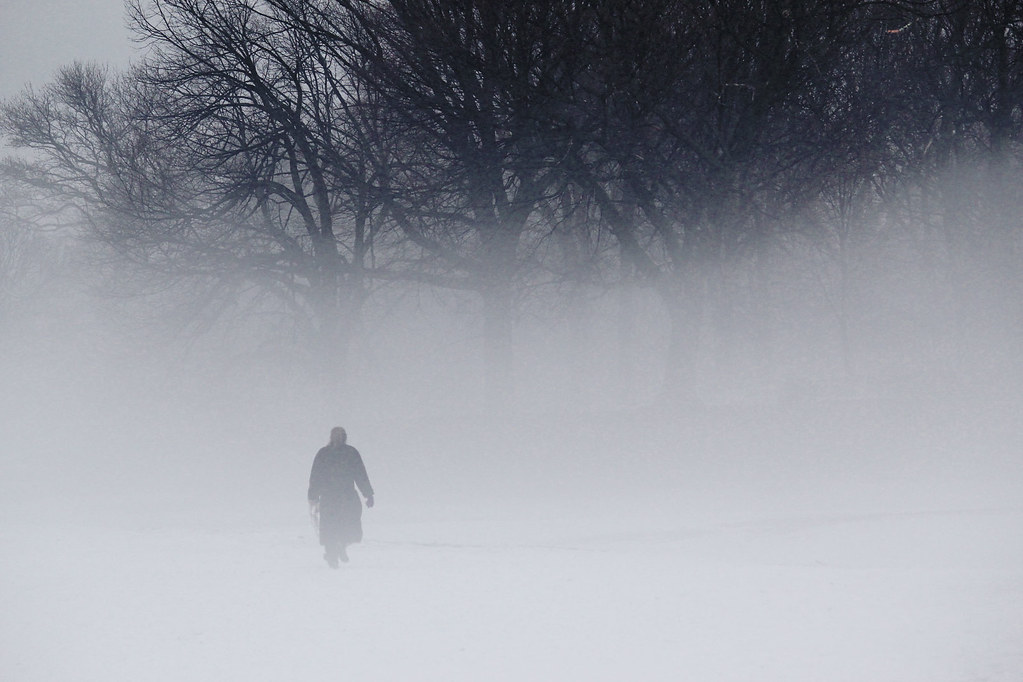Home is where your heart is. But what happens when you don’t even have something similar to a home? Means that you have no heart? This idea came to my mind while I was reading Look Back in Anger and A long Day’s Journey Into Night. It has always been present in the mind of society that home is where you and your family can live happy, a place where you can feel safe and protect from the outside world, and in both plays I could feel that not even one character felt that the place where they lived was home.
In look back in anger the only private space that Jimmy and Alison had was a bedroom and in A long day’s Journey Into Night, it was a summer house. Not real home.
But how this affected the characters? I will focus on A Long Day’s Journey Into Night and I will start with Mary, Tyrone’s wife. She is definitely the most affected. She believes that if she’d had an stable place where to live, she could have had friends, she would have had a life, and the most important she wouldn’t have started taking drugs again. Mary is always complaining to her husband that the only thing that he cares is buying lands and be on stage
“He thinks money spent on a home is money wasted. He's lived too much in hotels. Never the best hotels, of course. Second-rate hotels. He doesn't understand a home. He doesn't feel at home in it. And yet, he wants a home. He's even proud of having this shabby place. He loves it here.”
I believe that the main reason because Mary felt so affected by this, was because her only purpose in life was to be a good wife and a good mother, and how she could accomplish that role if one of the main pieces was missing? This made her pass the fault of all her weaknesses and failures to others. She is never at fault. As the poem of Anne Sexton says “Some women marry houses”
Going back to the first quote, Despite what Mary says, I believed that the heart of Tyrone was on stage, so the fact that him didn’t have a real home was not a problem. On stage was the only place where he felt comfortable.
Other character that seems affected by this is James the oldest son of the family, he is thirty three years old and he still lives with his parents, He had tried to leave and go on with his life , but he always fails due to his problems with alcohol which don’t allow him to maintain a job. James hates that house, but is the only place he knows.
Following James is Edmund, the youngest. Everytime he want to escape from reality he leaves the house.
“The fog was where I wanted to be. Halfway down the path you can’t see this house. You’d never know it was here. Or any of the other places down the avenue. I couldn’t see but a few feet ahead. I didn’t meet a soul. Everything looked and sounded unreal. Nothing was what it is. That’s what I wanted—to be alone with myself in another world where truth is untrue and life can hide from itself..”
The house represent great part of the problems from which he was trying to run. His mother falling into morphin again, his dad which apparently only care about money, James always creating conflicts, and finally his disease. Disease that probably will obligate him to live in a sanatorium from the rest of his life until he dies.
This family doesn’t have a place where they can feel in peace, but they keep trying to find a way to make that house feels like a home, even if it leads to deny reality and act a role that does not express their true selves. Maybe this house is the only thing that holds them together as a family and the idea of losing that is inconceivable, because what is more important that a perfect family?
As in the words of Anne Sexton’s poem The House
In dreams
the same bad dream goes on.
Like some gigantic German toy
the house has been rebuilt
upon its kelly-green lawn.
The same dreadful set,
the same family of orange and pink faces
carved and dressed up like puppets
---
All day long the house sits
larger than Russia
gleaming like a cured hide in the sun.
All day long the machine waits: rooms,
stairs, carpets, furniture, people -
those people who stand at the open windows like objects
waiting to topple.
The dream of a perfect family has become a nightmare


I agree with you on the idea of neither of the characters of Long day's journey into night feeling like they had a home.
ResponderEliminarAnd I partly think that the reason for that is that their missery comes from all the judgements and negative thoughts they have about eachother. They spend the whole time complaining and criticizing each other for some reason or another, the tension that you could feel always surrounded them is something that wouldn't allow anyone to feel "home" not even if they had a mansion. Mary's addiction made all those fights worse, everything that was negative in the play was made even worse by her problems, because they had hoped that she would recover and that that would bring them some sort of peace and could maybe get their lifes back on track, but she didn't and took everyone to the edge.